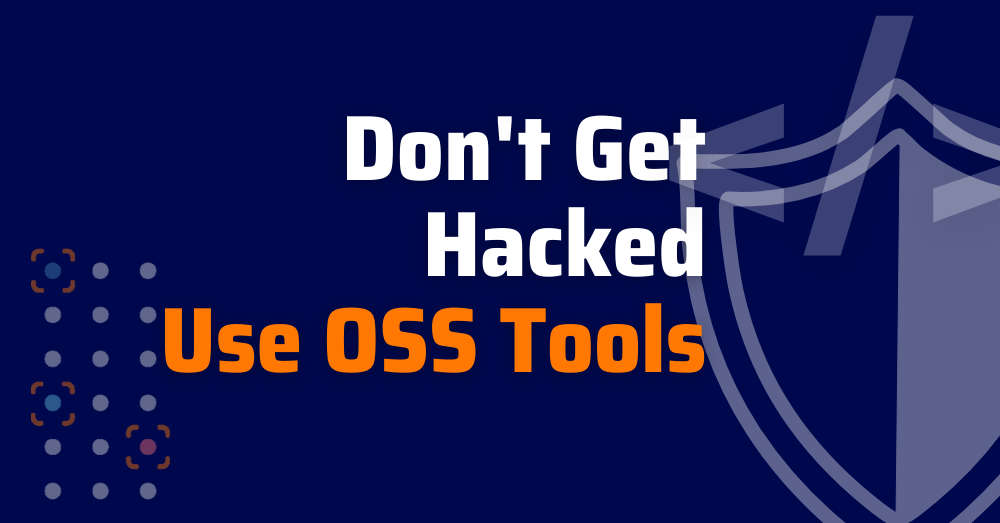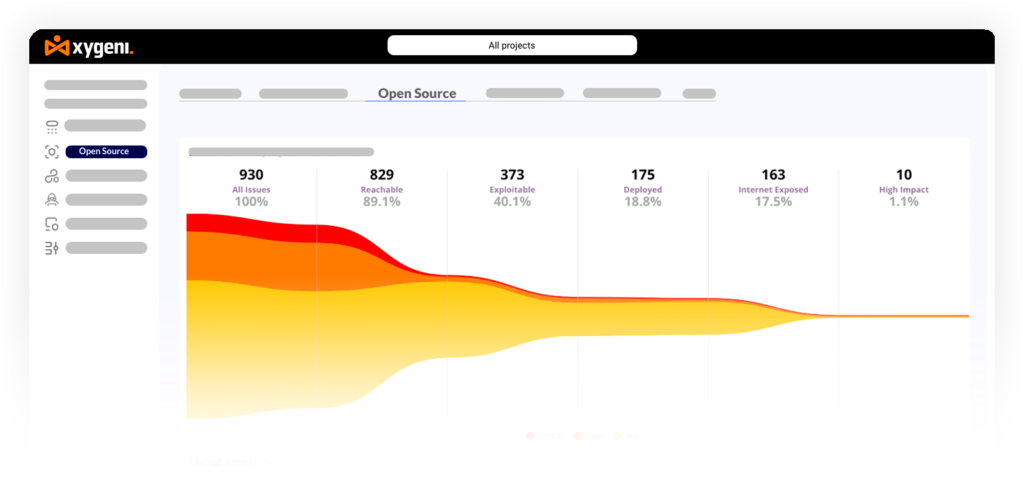Open source security tools have become critical for any organization that relies on modern software. Today, 90% of applications use open-source components. Without strong protection, these components can expose your business to risks. Using open source security tools helps you defend your software supply chain against vulnerabilities and malicious attacks. These tools offer cost savings, transparency, and flexibility, making them essential in the world of open source cybersecurity tools.
1. Cost-Effective Open Source Vulnerability Detection
Open-source security tools are cost-effective. Many of them are free, which makes them perfect for businesses that want strong security without high costs. These tools help scan open-source dependencies for vulnerabilities, ensuring your code is safe. Xygeni’s solution not only detects issues but also offers automated fixes and real-time malware blocking, which helps prevent expensive breaches.
2. Peer-Reviewed Transparency
Open-source software benefits from transparency. A global community constantly reviews the code, identifying problems and fixing them quickly. Using open source security tools gives you the power to spot issues early. With Xygeni’s real-time threat detection, any vulnerability in open-source code is blocked before it causes damage. This proactive approach makes sure your software is protected from new threats.
3. Frequent Updates
Open-source security tools are updated regularly. This helps you keep up with new cyber threats. Xygeni’s dynamic vulnerability prioritization makes it easier to focus on the most critical risks by considering the severity and impact of each vulnerability. This way, your security team can quickly handle high-risk issues.
4. Flexibility in Security Settings
One of the main benefits of open source cybersecurity tools is flexibility. You can change the security settings to fit your needs. Xygeni goes further by offering adjustable rules for spotting unusual activity. Whether you are securing CI/CD pipelines or Infrastructure as Code (IaC), Xygeni makes sure threats are found and stopped instantly.
5. Community Support
Open-source tools are backed by large, active communities. These communities provide useful resources like forums, manuals, and guides. Xygeni’s real-time monitoring and context-aware prioritization enhance these tools, helping your teams focus on the most urgent threats. With community backing and Xygeni’s advanced features, you can protect your open-source components effectively.
Real-Time Open Source Malware Detection: Why It’s Important
Open-source components are often the target of cyber attacks. Reports show a 245% increase in malicious packages. Traditional security methods, such as relying on CVEs, can miss zero-day threats. Xygeni’s real-time malware detection addresses this gap by constantly monitoring public registries like NPM and PyPI for harmful code. This open source cybersecurity tool blocks malicious packages before they can enter your software.
In addition, Xygeni’s automatic quarantining isolates suspicious components before they get into your code pipeline. This preventive approach reduces the chances of a supply chain attack.
Xygeni vs. Competitors: Why Xygeni Is Better
While competitors like Snyk, Sonatype, and GitGuardian offer open source security tools, Xygeni provides a more complete solution:
- Real-Time Threat Detection: Instead of scheduled scans, Xygeni offers continuous, real-time monitoring of open-source dependencies.
- Prioritization Funnels: Xygeni’s funnel system helps focus on the most dangerous vulnerabilities based on factors like exploitability and business impact. Other tools often lack this depth.
- Automated Remediation: Xygeni automates the process of fixing vulnerabilities, which saves time and reduces risks. This feature integrates directly into your CI/CD pipelines.
Protecting Your Software with Open Source Security Tools
Open-source security tools are vital for keeping your software safe. They protect against malware and vulnerabilities in your open-source components. By using tools like Xygeni’s real-time malware detection, automated remediation, and prioritization funnels, you can stay ahead of threats while improving your development process.
To learn more, check out our Top 8 Open Source Cybersecurity Tools for protecting your open-source code.








